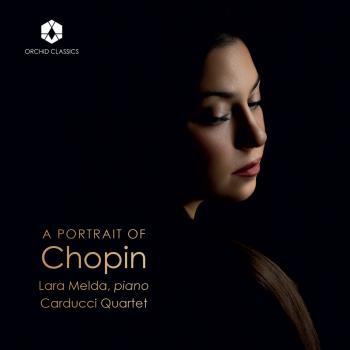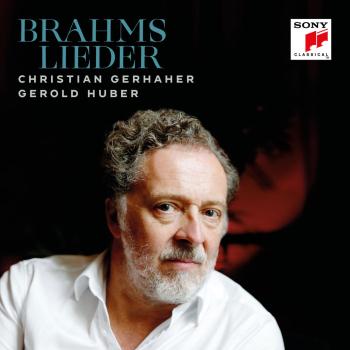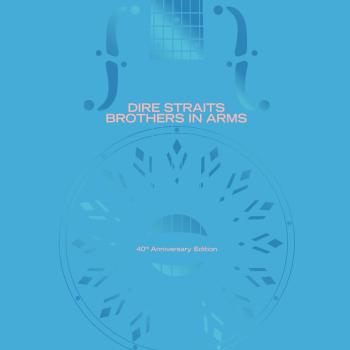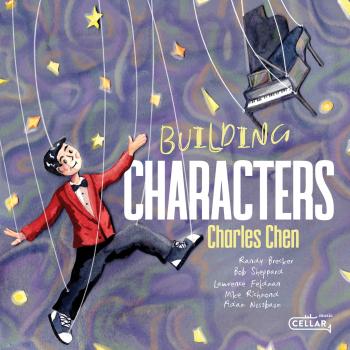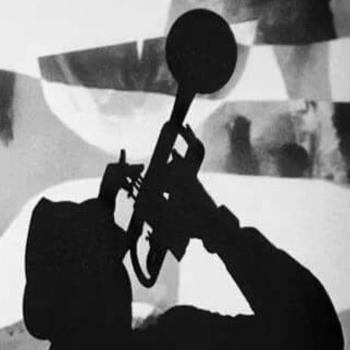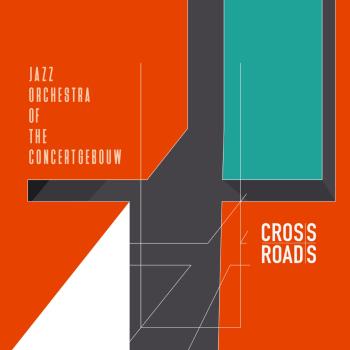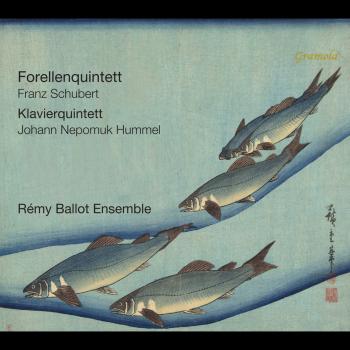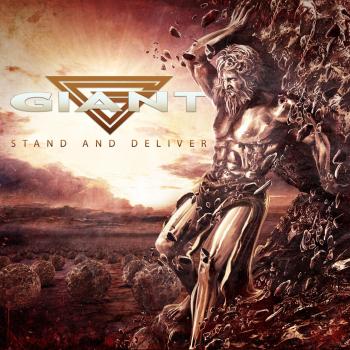
Jasmine Keith Jarrett & Charlie Haden
Album info
Album-Release:
2010
HRA-Release:
06.10.2010
Album including Album cover Booklet (PDF)
I`m sorry!
Dear HIGHRESAUDIO Visitor,
due to territorial constraints and also different releases dates in each country you currently can`t purchase this album. We are updating our release dates twice a week. So, please feel free to check from time-to-time, if the album is available for your country.
We suggest, that you bookmark the album and use our Short List function.
Thank you for your understanding and patience.
Yours sincerely, HIGHRESAUDIO
- 1 For All We Know 09:45
- 2 Where Can I Go Without You 09:20
- 3 No Moon At All 04:40
- 4 One Day I'll Fly Away 04:15
- 5 Intro/ I'm Gonna Laugh You Right Out Of My Life 12:09
- 6 Body and Soul 11:09
- 7 Goodbye 08:01
- 8 Don't Ever Leave Me 03:11
Info for Jasmine
Jarrett and Haden back together again! Thirty three years after the break-up of Keith Jarrett’s great ‘American quartet’ , the pianist and bassist Charlie Haden reunited for an album of standards, played with deep feeling. The programme on “Jasmine” includes such classic songs as “Body and Soul”, “For All We Know” , “Where Can I Go Without You”, “Don’t Ever Leave Me” and more. Intimate, spontaneous and warm, the album, recorded at Jarrett’s home, has affinities, in its unaffected directness, with Keith’s “The Melody At Night With You”. Jarrett and Haden play the music and nothing but the music – as only they can. As Keith Jarrett says in his liner notes: “This is spontaneous music made on the spot without any preparation save our dedication throughout our lives that we won’t accept a substitute... These are great love songs played by players who are trying, mostly, to keep the message intact.”
An intimate new disc by two of jazz’s most influential players, heard here with a programme of love songs and standards. “Jasmine” is the first recorded collaboration between Keith Jarrett and Charlie Haden in more than thirty years. The last time they were together on record was on the live “Eyes of the Heart” disc, recorded 1976, a document from the final days of Jarrett’s great American Quartet (with Haden, Paul Motian and Dewey Redman), the group which also gave us the epochal “Survivors Suite”.
“Jasmine” is music-making of quite different scale and intention. Much has changed in the music of both men in the interim, but not the quality of their commitment to it. Amongst other endeavours, Jarrett and Haden have each, separately, given renewed attention to the music of the Great American Songbook, Jarrett in his widely-admired “Standards” project with Gary Peacock and Jack DeJohnette, for instance, and Haden with his Quartet West.
Early in 2007 Jarrett was invited to contribute some reminiscences to a film documentary about Haden (Reto Caduff’s “Rambling Boy”). This led to some informal playing together, which both enjoyed greatly. Jarrett then invited Haden to come over to his home for four days of recording in March 2007
Keith Jarrett (from the liner notes): “This recording was done in my small studio. So it is direct and straightforward. I chose to use the American Steinway that really isn't at all in the best of shape, yet I have this strange connection with it, and it is better for a kind of informality and slight funkiness that was going to work with the music. With a choice of songs this good, it was hard not to become engaged right away. We did not rehearse per se, but went over chords when necessary. ... Over close to three years we lived with these tapes, talked a lot about them, disputed over choices, but eventually I found Charlie to be the most remarkable and sensitive helper in getting this finally assembled. I wanted only the distilled essence of what we had, and it took some time to wean ourselves from going for hip solos or unevenly played tunes (even though they had wonderful things inside them). This is spontaneous music made on the spot without any preparation save our dedication throughout our lives that we won't accept a substitute. These are great love songs played by players who are trying, mostly, to keep the message intact. I hope you can hear it the way we did.”
The pieces: “For All We Know”, “Where Can I Go Without You” , “No Moon At All”, “One Day I’ll Fly Away”, “I’m Gonna Laugh You Right Out Of My Life”, “Body and Soul”, “Goodbye”, “Don’t Ever Leave Me”.
Keith Jarrett
At the end of 2008, Keith Jarrett added two concerts to his schedule at short notice – one at Paris’s Salle Pleyel (November 26), one at London’s Royal Festival Hall (December 1) . The music on “Testament” is from these concerts. Their range is compendious, Jarrett’s improvisational imagination continually uncovering new forms, in a music stirred by powerful emotions. In his liner notes, the pianist is forthright about the personal circumstances promoting a need to lose himself in the work once more.
He also reminds the reader/listener that “it is not natural to sit at a piano, bring no material, clear your mind completely of musical ideas and play something that is of lasting value and brand new.” This, however, has been the history and substance of the solo concerts since Jarrett initiated them, almost forty years ago . Over time their connection to ‘jazz’ has often become tenuous, yet Jarrett’s solo concerts, with the foregrounding of melody and the continual building, and relinquishing, of structure, are also removed from “free improvisation” as a genre. Jarrett’s solo work is effectively its own idiom, and has been subject to periodic revisions by the pianist. “In the early part of this decade, I tried to bring the format back: starting from nothing and building a universe.”
Since the “Radiance” album and the “Tokyo Solo” DVD of 2002 Jarrett has been adjusting the flow of the work, more often working with shorter blocks of material. “I continued to find a wealth of music inside this open format, stopping whenever the music told me to.” This approach distinguished “The Carnegie Hall Concert” (2006), and it is most effectively deployed in “Testament” , where the strongly-contrasting elements of the sections of the Paris concert in particular have the logic of a spontaneously-composed suite. The nerves-bared London performance (the first UK solo show in 18 years) is different again: “The concert went on and, though the beginning was a dark, searching, multi-tonal melodic triumph, by the end it somehow became a throbbing, never-to-be-repeated pulsing rock band of a concert (unless it was a church service, in which case, Hallelujah!).”
In the end, the improviser does what must be done. As Keith Jarrett said, a long time ago, “If you’re a rock climber, once you’re halfway up the face of the cliff, you have to keep moving, you have to keep going somewhere. And that’s what I do, I find a way.”
These days, however, Jarrett is rationing the number of ascents: there have been less than thirty solo concerts in the last decade, making “Testament” a special event indeed. Two further solo performances are scheduled for 2009 – at the Palais des Beaux Arts in Brussels on October 9, and at Berlin’s Philharmonie on October 12.
Booklet for Jasmine

